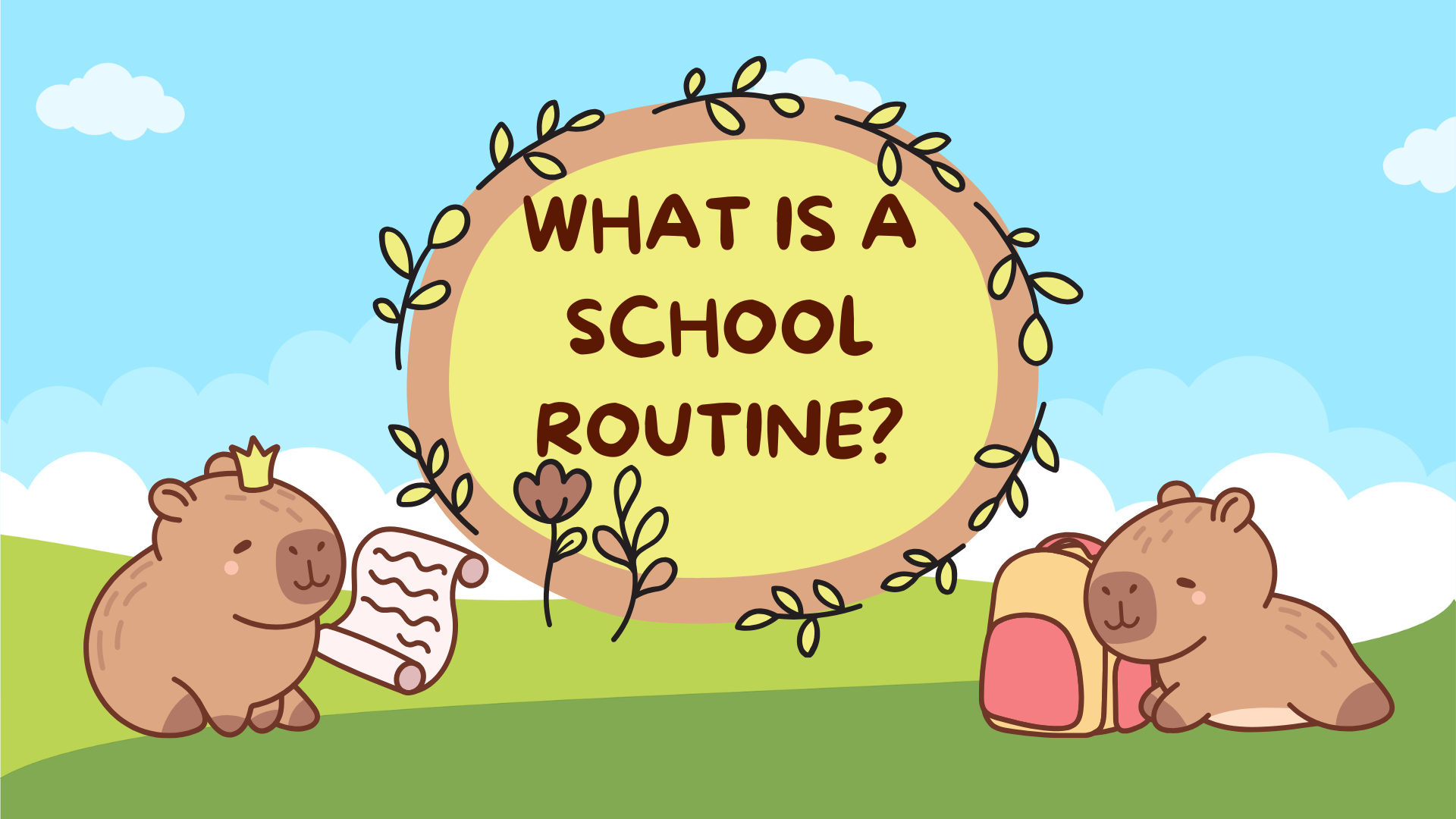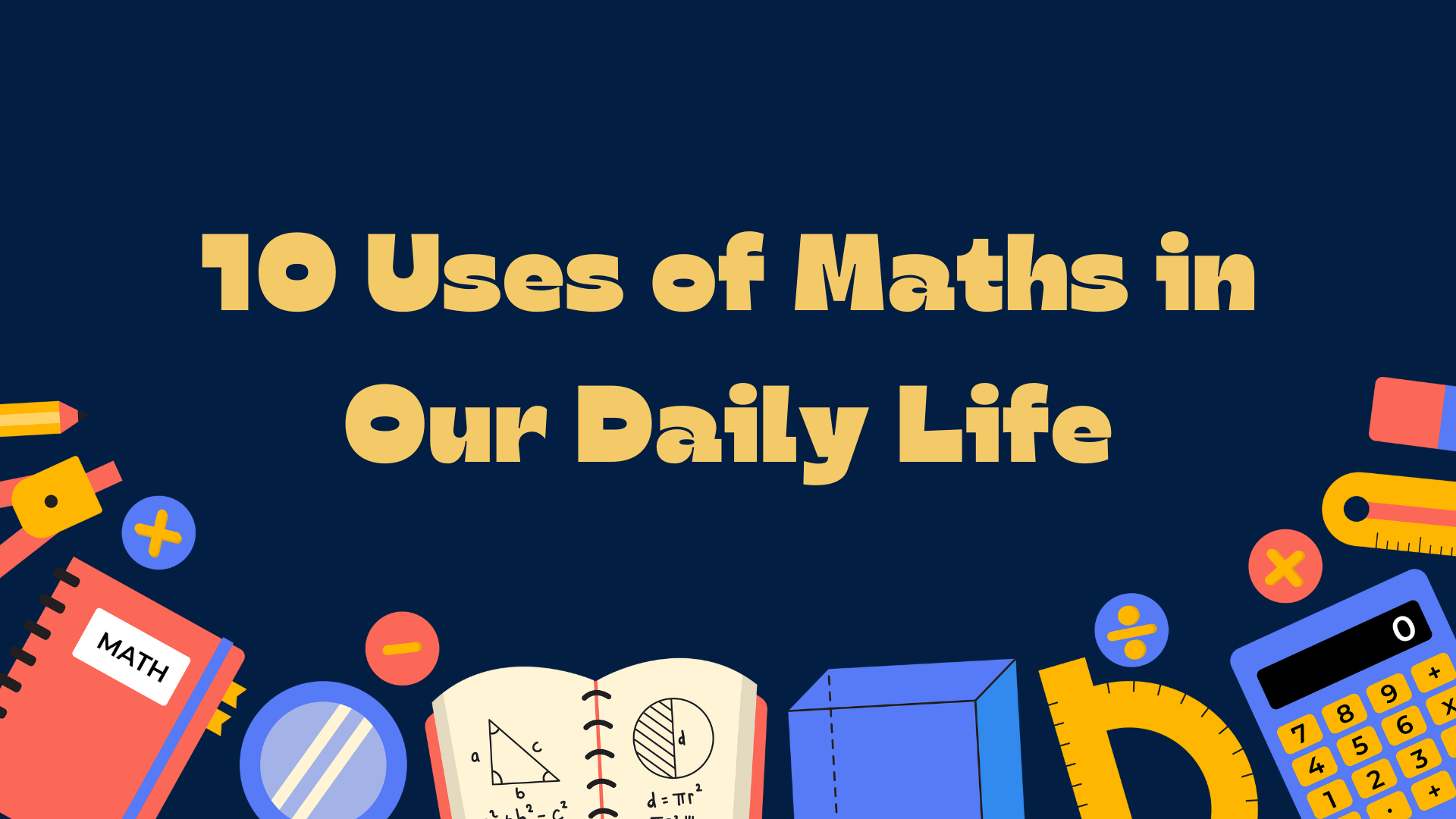
What Do You Learn in School That Stays with You for Life?
When adults reflect on their school life, it is seldom about grades, rank, exams, and assignments. There is an instant sense of nostalgia that reminds them of their childhood, friendships, and the growth that has shaped their career. So, if a child asks, “What do you learn in school?” there are answers beyond academic progress and professional mastery.
Schools provide formal education to students, help them socialize with people of their age, and create a sense of community. It fosters a sense of belonging, teaches manners, and explores potential across various subjects and extracurricular activities.
Things we learn in school beyond education
Let us teach growing adults 10 things that they can learn in school and how they can become lessons for life:
1. Writing things down
No matter how technologically advanced our lives become, we can never undervalue the power of writing things down. Much like teachers dictate classwork and students take notes, writing things down helps retain memory throughout life.
From creating business strategies to planning your own wedding, from drafting scripts to managing accounts, writing is an organizational system that feels like a puzzle you solve once you’re done. Writing something you just learnt, a thought that came to your mind, has the potential to become grand ideas.
2. Successes and failures are a part of life
Children develop competitive mindsets due to the classroom structure, where multiple students of the same age study and prepare for examinations. They compete for sports selection, annual day functions, and every win or loss, making them either victorious or defeated.
Both these experiences trigger emotions of either joy or dismay. While temporary, they are a part of our lives, and as soon as they can accept this, they can move on to trying again.
3. School friends are for life
Many students get caught up in competitive spirits during their formative years, only to later realize that friendships mattered most. Once they graduate and work in professional settings, they reminisce about the innocent banter of school life and the friends they made.
Lucky are those who remain in touch with friends they grew up with, because the essence of growing together is unparalleled. The group study sessions, solving exam papers, and rectifying each other’s mistakes without selfish motives were the most innocent experiences to cherish.
4. There is no substitute for hard work
Looking for shortcuts to study when there are multiple subjects subdivided into chapters is quite common among students. Here’s where teachers and parents must offer guidance towards studying smart while reminding them that there is no substitute for hard work.
While students find ways to complete assignments faster and memorize answers where they lack clarity, these aren’t effective strategies for achieving success. These traits persist as they age, and they continue to apply the same tactics at work. Hard work doesn’t have to be difficult, but it requires completion and precision that are often lacking with shortcuts.
5. It is good to be a jack of all trades
Students learn multiple subjects during middle school to explore their interests and capabilities. But they don’t realize how they’re being the jack of all trades by balancing various niches.
The traditional route of professional worlds encouraged aspirants to choose one stream, but that idea is rapidly changing right now. While having mastery over one subject reflects expertise that makes one valuable, multiple skills are also expected alongside it.
For example, lawyers who create content on Instagram to help their audience understand their rights are not only practicing law. They also explore the potential of digital marketing to establish themselves as a brand and find leads through social media.
6. Grades won’t matter if you don’t have skills
Grades matter when students are transitioning from one class to another. After school, the same grades help them gain admission to college and higher educational institutions. In most professional settings, education matters until a certain age, but what matters after that is work experience and skills.
Upskilling is the only way to keep up with the modern day. Some skills might not be directly associated with the kind of work you do, but knowing them increases your portfolio. For example, professionals across industries today need to learn, integrate, and develop AI tools that enhance their productivity.
7. Communication skills are essential
Observing, listening, and talking are all essential components of communication skills. Teachers assist students in developing such traits by promoting the use of their first language, asking them to interact and respond. Again, the language spoken at home can differ from the one used at school, promoting bilingual learning.
Talking, however, should never overpower listening skills, much like how teachers conduct classes and students learn what they’re being taught. As adults, the more we hear, the more we can remember, analyze, and think. Listening is not only respectful but also fuels critical thinking abilities, enabling the generation of ideas.
8. Time management is a necessity
Discipline and punctuality are essential skills to develop early in life, as they become increasingly crucial as we grow older. From maintaining a healthy circadian rhythm to prioritizing timely duties and responsibilities, effective time management is key to success. Just as students are expected to arrive at school at a particular time and study scheduled subjects throughout the day, the patterns remain the same as they grow older and pursue different interests.
9. Education doesn’t end with school
One common way to convince kids to study is to tell them that they won’t have to do it when they’re older. In reality, learning never stops with school and college.
We learn new things at our job, from the people we meet, the books we read, and the content we consume. There is inspiration and information everywhere, especially in an era heavily dominated by digital media and entertainment.
There is a difference between learning consciously and taking notes from life experience. But either way, life never fails to teach us, so the learning never stops.
10. Peace is the most precious
Most adults also remember school life as a time when they lived without worries. It was a time when sustenance was not their responsibility because they depended on what the elders provided. Even with the constant quest to prove one’s worth, peace often comes easily to children compared to adults. It is also the reason why, when people grow older, they realize they miss the peacefulness of childhood – the same thing they were constantly trying to achieve as adults.
What do you learn in school, and why does it matter
Parents choose schools for their children to provide quality education, but it is not the only takeaway for a child. It is imperative to convey other aspects of education to understand what they learn in school.
School is an integral part of a child’s upbringing that nurtures their thought process and helps them develop credibility. It is also the reason why we at DWPS Barasat don’t just focus on academics but also extracurricular activities, sports, and events. Furthermore, the introduction of skill subjects as per the CBSE board now enhances the opportunity for exclusive learning experiences.







